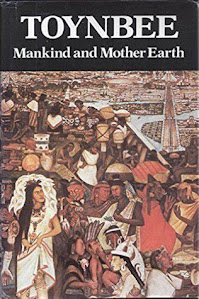20 years ago, on 26 December 2004, one of the biggest natural disasters of this century occurred: the Sumatra-Andaman earthquake. The resulting tsunami killed around 230,000 people on the coasts of the Indian Ocean. These days, the affected countries are commemorating the victims. So many people would not have died if there had been an early warning system. There is one today. But it is no longer state of the art.
In a world federation, with a solidarity-based system like KOMPENSO, everything would be organised. In the event of natural disasters and major technical accidents that overwhelm individual states, a supranational civil protection system would be deployed. A global insurance against force majeure would be available for prevention, aid and aftercare.
In 1982, I described the vision of a global disaster control system in an article (PDF German). It was based on a proposal by the Swiss peace activist Theo Feucht: The Idea of the Golden Cross. The core of the idea is the transformation of the military into global disaster protection forces, according to the motto ‘Swords into Ploughshares’. Whether in the event of earthquakes, volcanic eruptions, astroid strikes, floods, droughts, bushfires or devastating storms, such troops would be ready to provide immediate assistance worldwide.
Due to the now unstoppable changes in the global climate, natural disasters of all kinds will increase in scale and frequency to an extent previously unknown to historiography. The ‘Idea of the Golden Cross’ is therefore more relevant than ever. Nothing less than the survival of mankind is at stake. Please read my article at Substack:
Can mankind survive? - by Richard Maxheim





























